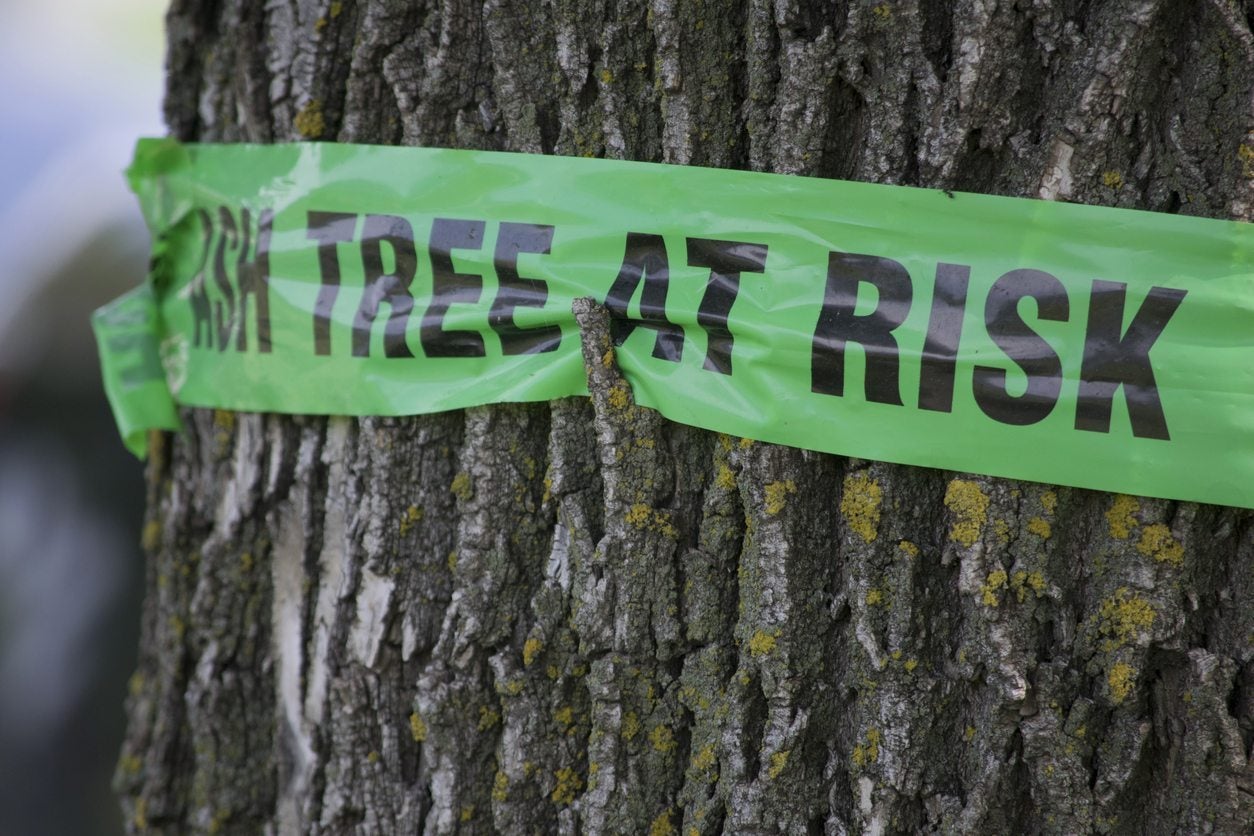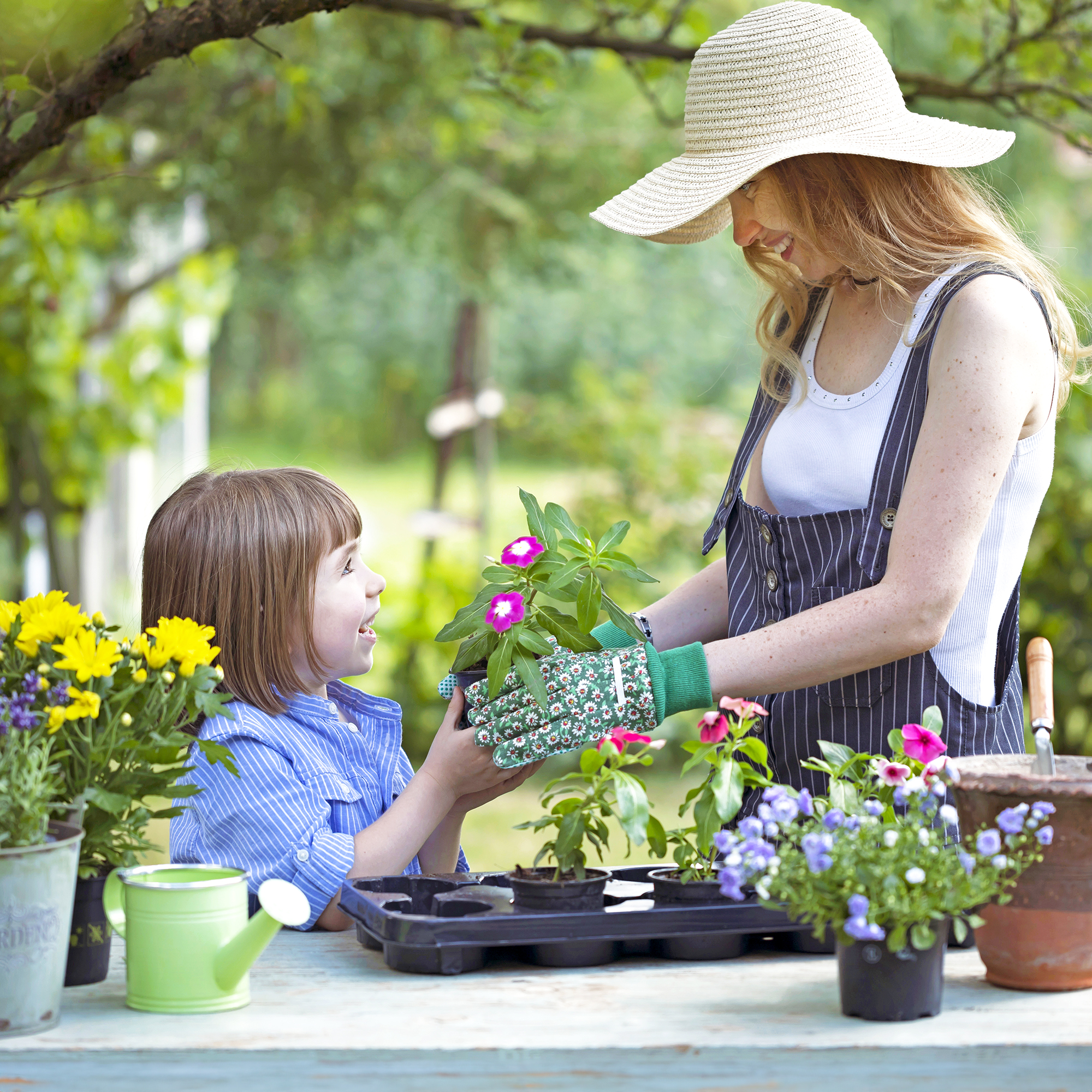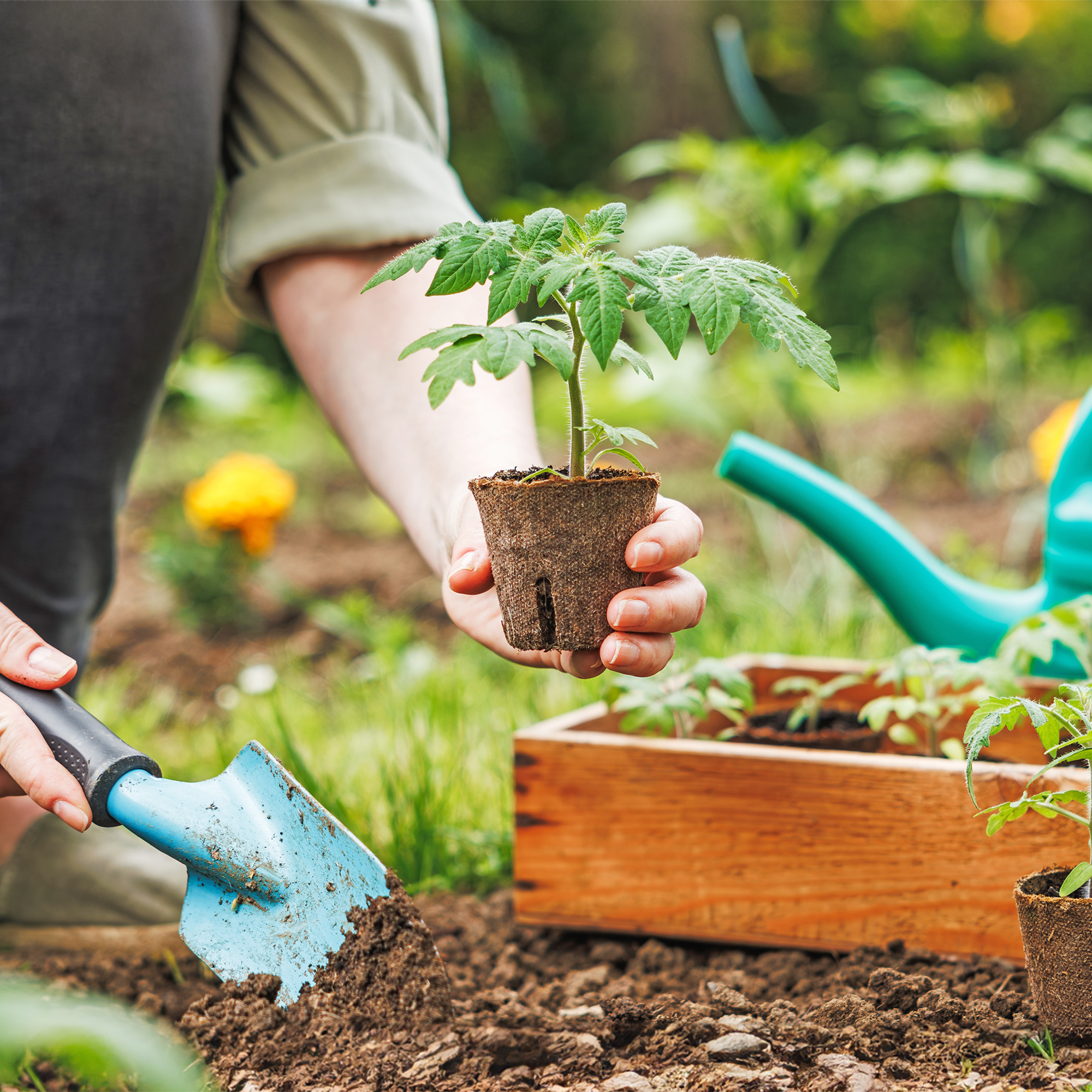What Is A Systemic Pesticide: Using Systemic Insecticides In Gardens

If you have ever heard the term “systemic pesticide,” you may have wondered what it means. This is actually an important thing to know to prevent accidental hazards in the garden. It’s also important to know how to use a systemic insecticide should such use be warranted.
What is a Systemic Pesticide?
A systemic pesticide is any pesticide that is absorbed into a plant and distributed throughout its tissues, reaching the plant’s stem, leaves, roots, and any fruits or flowers. Systemic pesticides are water-soluble, so they easily move throughout a plant as it absorbs water and transports it to its tissues. Typically, these chemicals are applied to soil and taken up through plants’ roots; less commonly, they are applied to foliage or injected into tree trunks. Systemic insecticides are specifically those that target insects. Some of the most commonly used systemic insecticides are neonicotinoids. These are a group of insecticides that interfere with insect nervous systems. Systemic herbicides (weed killers), fungicides (which target fungi), and nematicides (nematode killers) are also in use.
Are Systemic Pesticides Safe?
Systemic insecticides cannot be washed off a plant after they are absorbed, since they are inside the plant’s tissues, including the parts we eat as fruits or vegetables. Since systemic pesticides are water-soluble, they can easily be washed away from the application site if it rains before plants absorb them. Then they can run off into a neighboring body of water or natural area. One group of systemic insecticides, the neonicotinoids, is suspected of poisoning honeybees and other beneficial insects: these chemicals enter the pollen that bees collect, and they can be found in nectar as well. It is very important for applicators to understand how to use a systemic insecticide properly and to take measures to protect pollinators and other non-target species. In some cases, a systemic pesticide is safer for the environment than a non-systemic pesticide would be. For example, systemic insecticides used for tree pest control, including the emerald ash borer, are injected into the trunk or applied to the soil for uptake by the tree’s roots. Less of the chemical ends up drifting onto other plants or contacting non-target insects than if non-systemic chemicals were sprayed. Also, systemic chemicals are more effective in targeting certain pests, which may allow for less frequent applications or lower volumes than would be required with a non-systemic pesticide. However, non-chemical pest control methods are usually the safest. These include integrated pest management (IPM) strategies and many of the strategies developed for organic farming and gardening. Non-chemical strategies are a better choice for protecting pollinators and other beneficial insects.
Systemic Insecticides in Gardens
Most common insecticides used in home gardens are non-systemic. Most systemics are only approved for use in commercial agriculture or horticulture, while some need to be applied by professionally trained pesticide applicators. Recently, systemic insecticide products have become available for sale to home gardeners in some locations. Extra care is required when using systemic pesticides in a home garden, especially on vegetables and fruits, and it’s best to choose another pest control strategy if possible. If you do use one of these products, be sure to use it only on plants for which it is approved. When using systemic insecticides, it is essential to follow the label instructions regarding when and how to apply.
Gardening tips, videos, info and more delivered right to your inbox!
Sign up for the Gardening Know How newsletter today and receive a free copy of our e-book "How to Grow Delicious Tomatoes".
Ilana Goldowitz Jimenez is a scientific and agricultural writer with a B.S. in Plant Sciences from Cornell University and a PhD in Chemical Biology and Infectious Disease from Harvard University.
-
 12 Mother’s Day Garden Gifts That Celebrate Moms Who Love To Grow
12 Mother’s Day Garden Gifts That Celebrate Moms Who Love To GrowAll Moms deserve to feel special on Mother’s Day, so treat her to a thoughtful gardening gift that helps her get the most out of her hobby.
By Melanie Griffiths
-
 Never Plant Seedlings Until They Pass These 3 Simple Tests
Never Plant Seedlings Until They Pass These 3 Simple TestsDon't be over-eager to transplant seedlings into the garden before they are ready. These quick and easy checks will help ensure flourishing plants.
By Mary Ellen Ellis